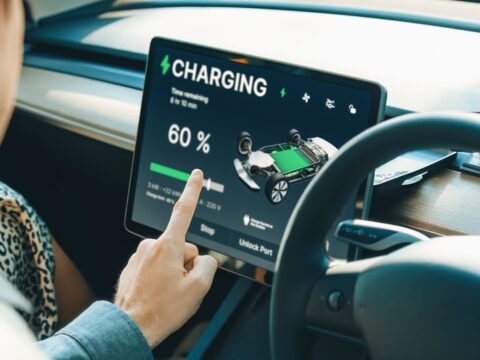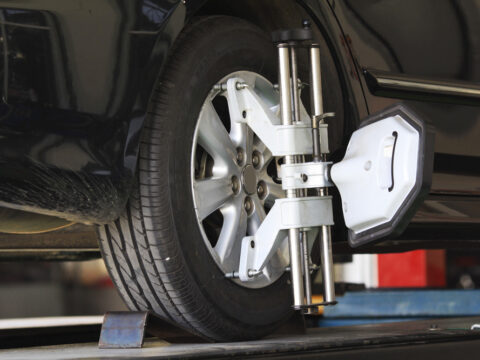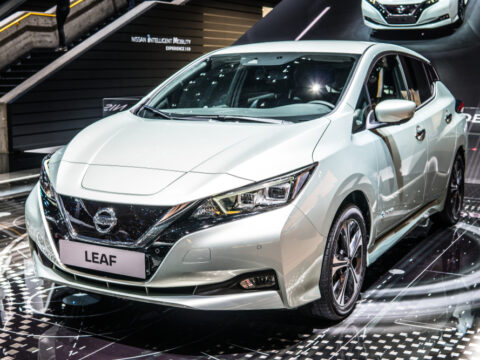Choosing the right family vehicle is an important decision that goes beyond just picking a car you like. It’s about finding a vehicle that fits your family’s needs, keeps everyone safe, and provides comfort on every journey. From safety features to fuel efficiency, each factor plays a crucial role. Here are 20 key considerations to help guide your decision.
Contents
Safety Features
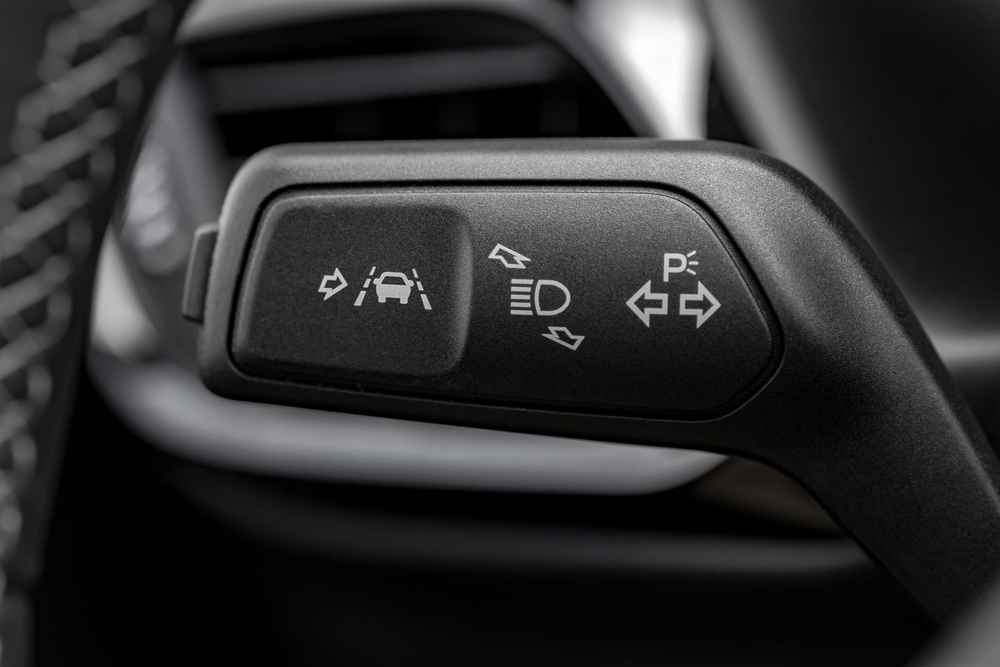
Safety is the top priority when selecting a family vehicle. Advanced systems like airbags, anti-lock brakes, and electronic stability control are essential for protecting your loved ones. Nowadays, many vehicles are equipped with driver-assist technologies such as lane-keeping assist and automatic emergency braking. Always check the safety ratings from the National Highway Traffic Safety Administration (NHTSA) or Insurance Institute for Highway Safety (IIHS) to ensure you’re making the safest choice possible.
Fuel Efficiency

Fuel costs can add up quickly, especially for families that frequently travel. Opting for a fuel-efficient vehicle can help you save money over time. Hybrid and electric models provide some of the best fuel economy, though many gasoline-powered cars are also designed with efficiency in mind. By selecting a vehicle with a high MPG rating, you’ll enjoy fewer trips to the gas station and lower environmental impact.
Cargo Space

A family vehicle needs to handle more than just passengers—it also needs to accommodate luggage, groceries, and sports equipment. SUVs and minivans are known for their spacious cargo areas, and many models offer foldable seats for even more flexibility. Consider how much room you need on a regular basis, and don’t forget to check for convenient storage solutions like underfloor compartments or roof racks. A generous cargo space can make all the difference during family vacations or daily errands.
Seating Capacity
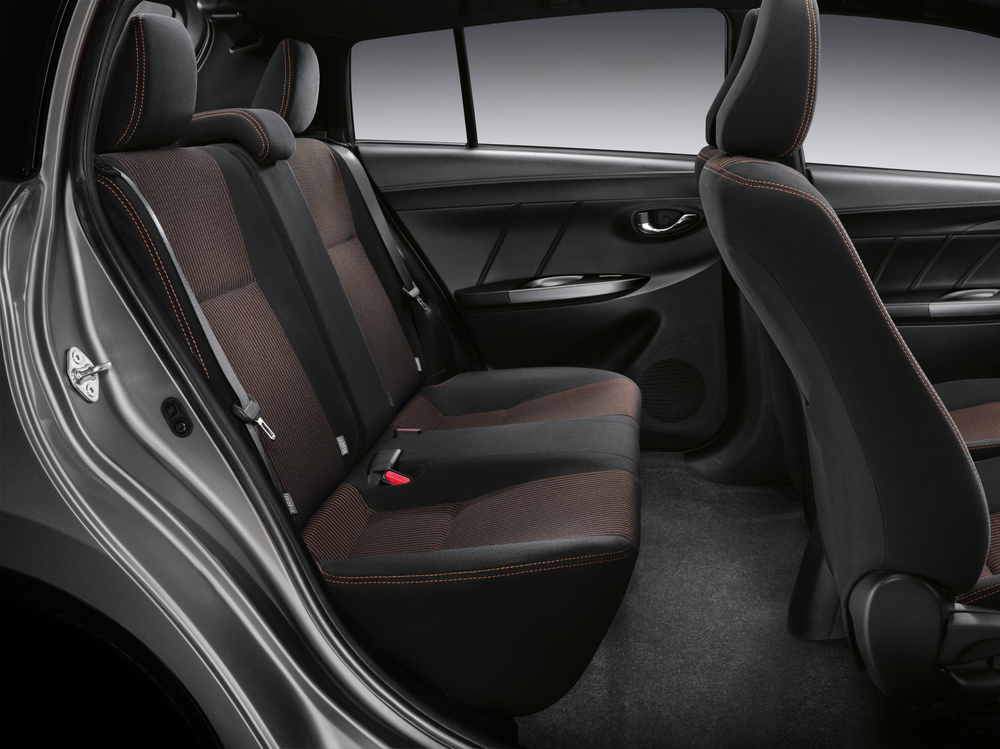
The number of seats your vehicle has is crucial, particularly for larger families. If you have more than five family members, a three-row SUV or minivan will be necessary to provide ample room. Some vehicles offer configurations like captain’s chairs in the second row, which enhance comfort and ease of access to the third row. Make sure the seating layout works for your family’s needs, and ensure that all seats are easy to access and comfortable for long trips.
Reliability and Maintenance Costs
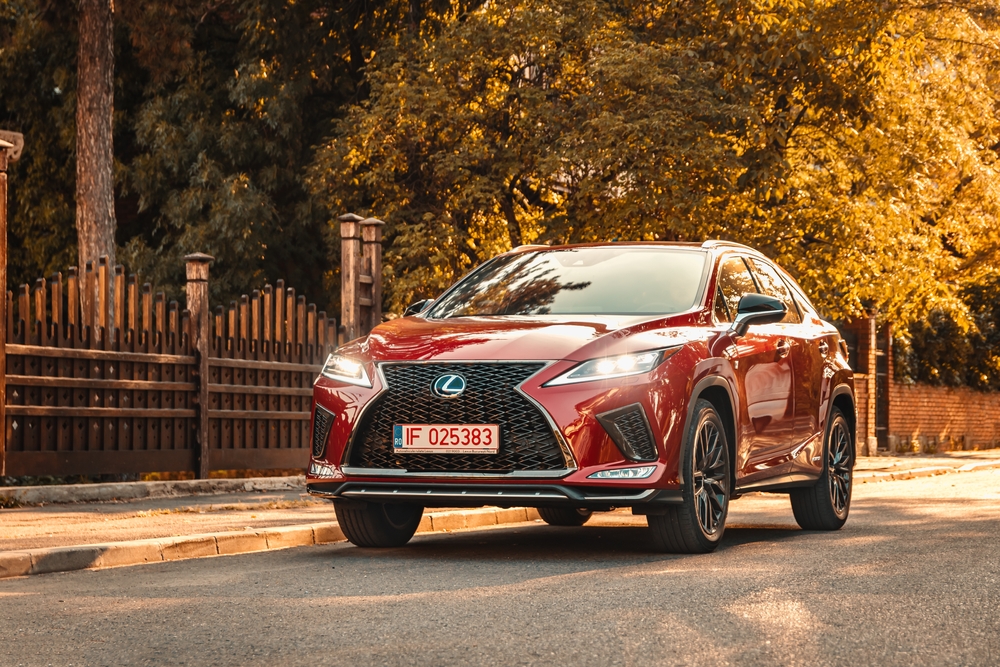
When you depend on a vehicle to transport your family, reliability is key. Opting for a brand with a reputation for durability, such as Toyota or Honda, can give you peace of mind. Regular maintenance is inevitable, but choosing a vehicle with low repair costs and readily available parts can help minimize expenses. Research reliability ratings from sources like Consumer Reports to make an informed decision.
Price and Affordability

It’s important to find a vehicle that fits within your budget while offering the features your family needs. The initial cost is just one part of the equation—you’ll also want to consider financing options and resale value. Some vehicles retain their value better than others, which can be beneficial if you plan to upgrade later. In addition, keep an eye out for manufacturer incentives or discounts, which can make a high-quality vehicle more affordable.
Resale Value

If you plan to sell or trade in your vehicle down the road, choosing a model with strong resale value is a smart financial decision. Cars from brands like Subaru, Toyota, and Honda are known for holding their value well. Kelley Blue Book is a great resource for checking a vehicle’s predicted resale value. A car that retains its worth over time will make upgrading easier and provide a higher return on your investment.
Child-Friendly Features
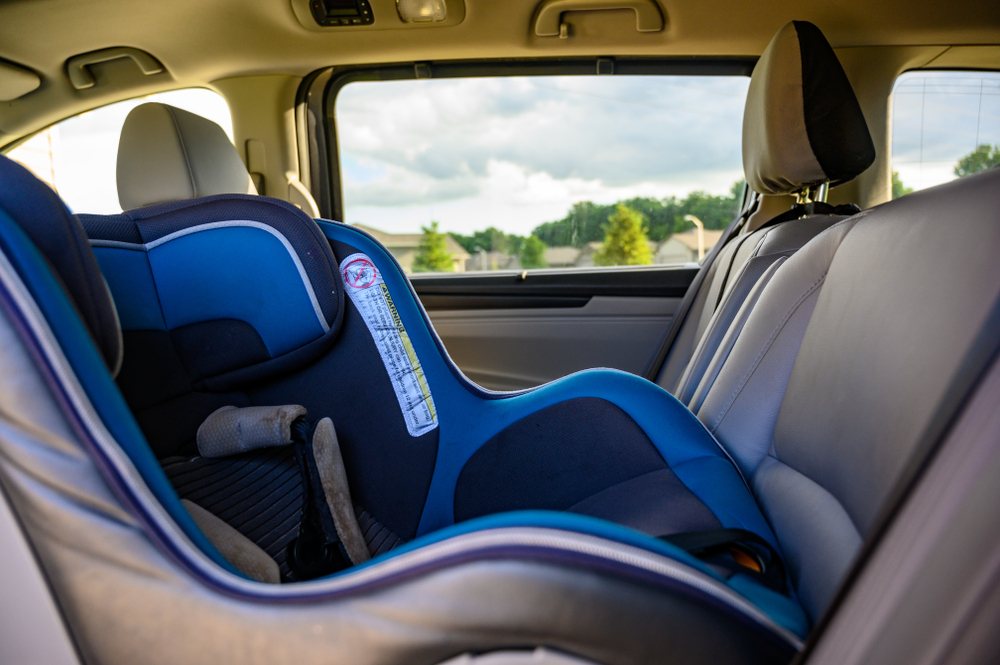
Family vehicles should make traveling with children easier and more enjoyable. Features such as rear-seat entertainment systems, USB charging ports, and built-in sunshades can enhance comfort for younger passengers. Additionally, a spacious back seat with easy-access LATCH systems ensures that car seats are secure and simple to install. By prioritizing these conveniences, you’ll make every journey smoother for both kids and parents.
All-Wheel Drive (AWD) or Four-Wheel Drive (4WD)
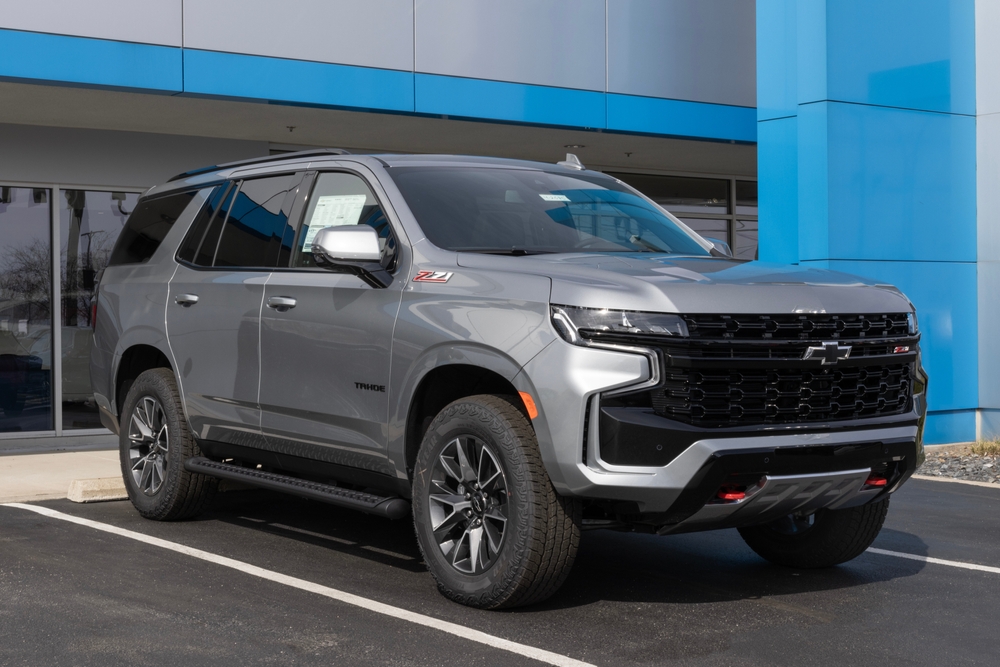
For families living in areas with harsh weather conditions or those who enjoy outdoor adventures, AWD or 4WD is a must. These systems provide better control and traction on slippery or uneven surfaces, reducing the risk of getting stuck or losing control. While AWD is sufficient for most road conditions, 4WD is ideal for off-road driving and rough terrains.
Towing Capacity
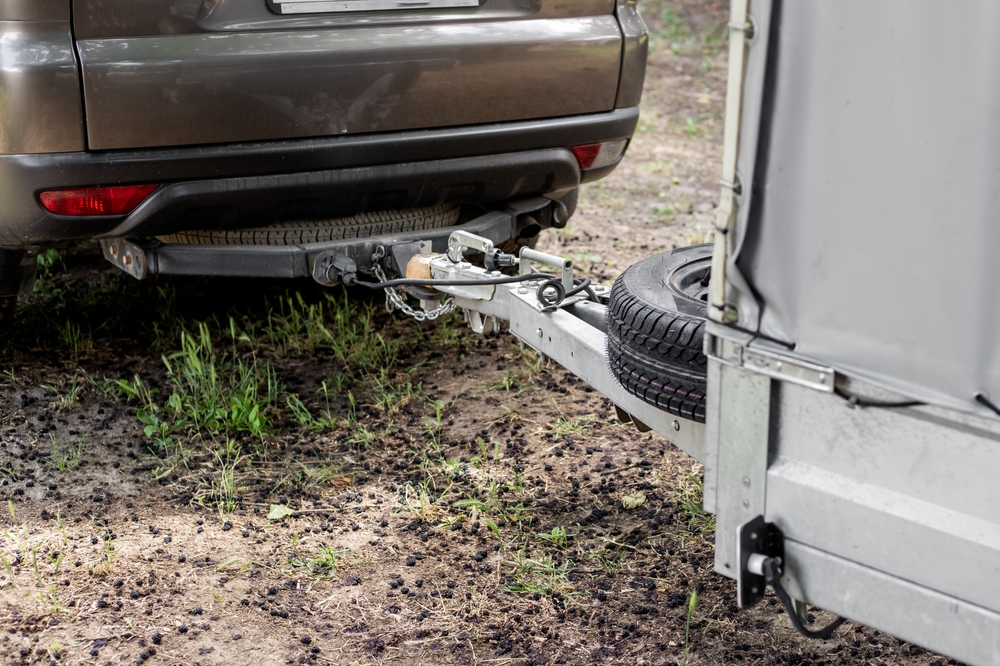
Families who enjoy camping, boating, or traveling with trailers need to consider towing capacity when choosing a vehicle. SUVs and trucks generally offer higher towing capabilities than sedans or compact crossovers. It’s important to check the vehicle’s maximum tow rating to ensure it can handle your trailer or recreational equipment. Having a sufficient towing capacity can make a vehicle more versatile for family trips and outdoor excursions.
Infotainment and Connectivity
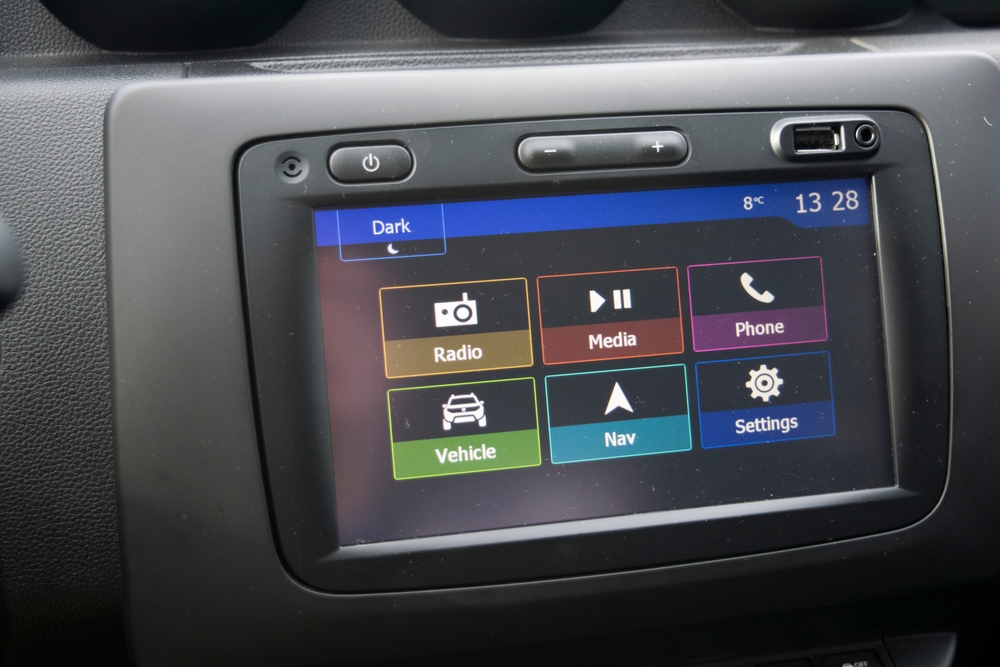
In today’s digital age, a family vehicle with a robust infotainment system is a huge plus. Look for features like Apple CarPlay, Android Auto, and Bluetooth integration, which allow easy access to navigation, music, and calls. Rear-seat entertainment options, such as screens or tablet mounts, can keep kids occupied on long drives. A well-designed system enhances the overall driving experience, making road trips more enjoyable for the whole family.
Climate Control

When everyone has different comfort preferences, having reliable climate control is essential. Dual-zone or tri-zone climate systems allow passengers in different areas of the vehicle to adjust the temperature to their liking. Some vehicles also offer heated and ventilated seats, which add an extra level of comfort during extreme weather. These features ensure that everyone stays comfortable, no matter how long the drive.
Ease of Parking
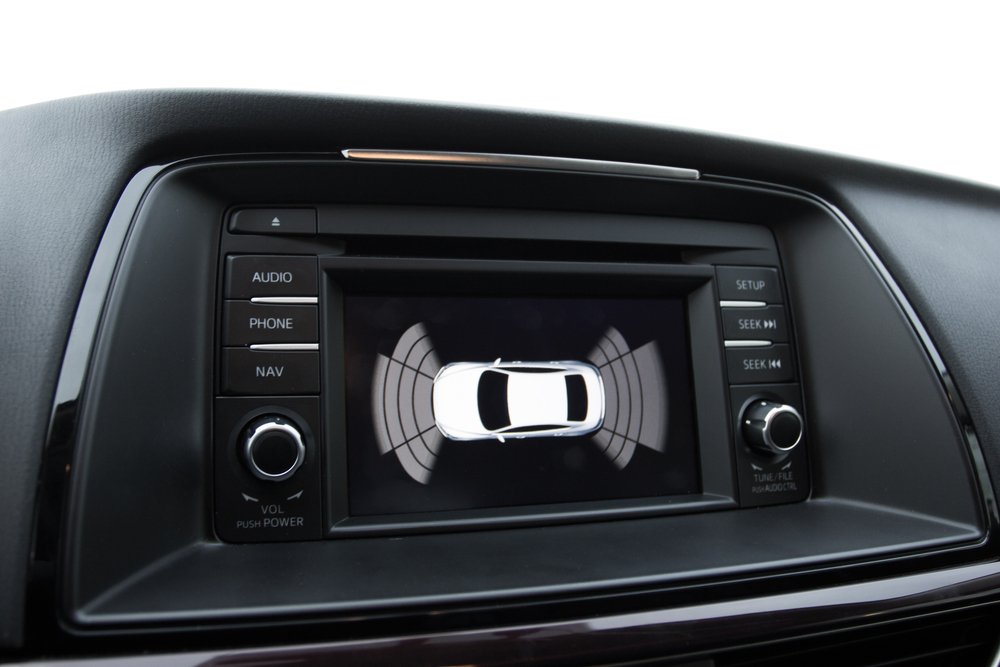
Parking a large vehicle can be challenging, especially in crowded urban areas or tight spaces. Many family vehicles now come equipped with parking aids such as rearview cameras, parking sensors, and even automated parking systems. These features take the stress out of maneuvering larger vehicles, making it easier to park without incident. For families living in cities, this can be a particularly valuable feature to consider.
Fuel Type

The type of fuel your vehicle uses affects both your budget and the environment. Gasoline-powered vehicles are still the most common, but hybrid and electric vehicles are gaining popularity due to their fuel efficiency and lower emissions. Diesel engines, while providing excellent fuel economy for long distances, tend to have higher maintenance costs.
Insurance Costs

When choosing a family vehicle, insurance premiums are an important factor to consider. Cars with higher safety ratings typically have lower insurance costs, as they are less likely to result in expensive claims. On the other hand, larger or more luxurious vehicles might come with higher premiums due to repair costs. Comparing insurance quotes for different models can help you find a vehicle that fits both your needs and budget.
Comfort and Ride Quality

Long family trips can quickly become exhausting without a comfortable ride. Vehicles with high-quality suspension systems and supportive seating make all the difference on extended drives. Be sure to consider features like lumbar support, adjustable seating, and noise insulation, which all contribute to overall comfort. A smooth, quiet ride can transform road trips from stressful to enjoyable for the entire family.
Interior Materials and Durability
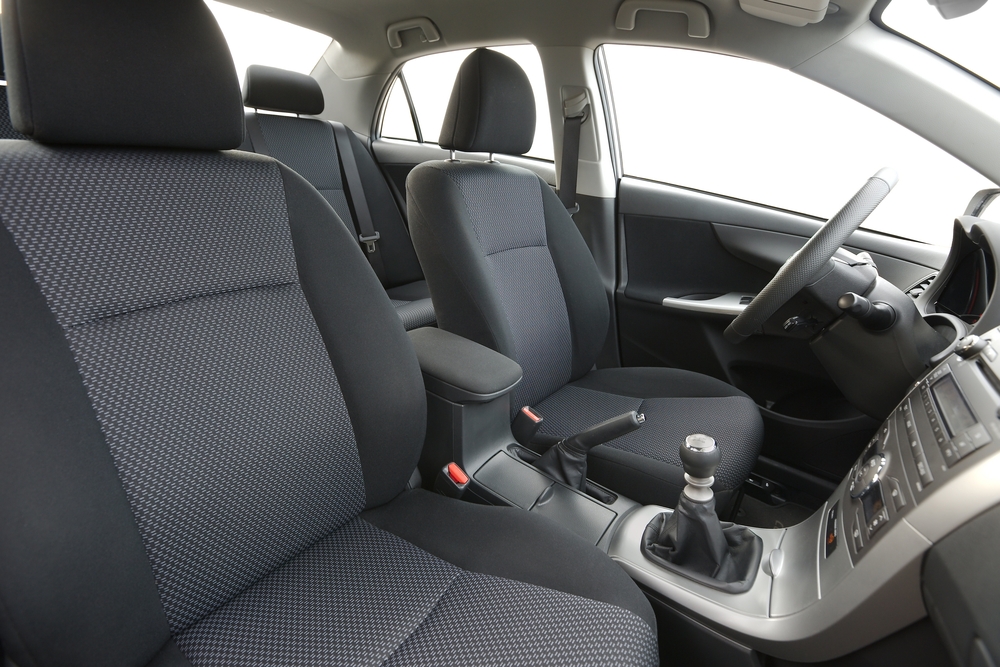
Family life often means dealing with spills, dirt, and wear and tear on your vehicle’s interior. Durable, easy-to-clean materials such as leatherette or stain-resistant fabric are a smart choice for those with young children or pets. Look for vehicles with features like removable floor mats and water-resistant upholstery, which can make cleanup easier. Choosing durable interiors will help maintain your car’s appearance over time, keeping it looking fresh even after years of family use.
Crash Test Ratings
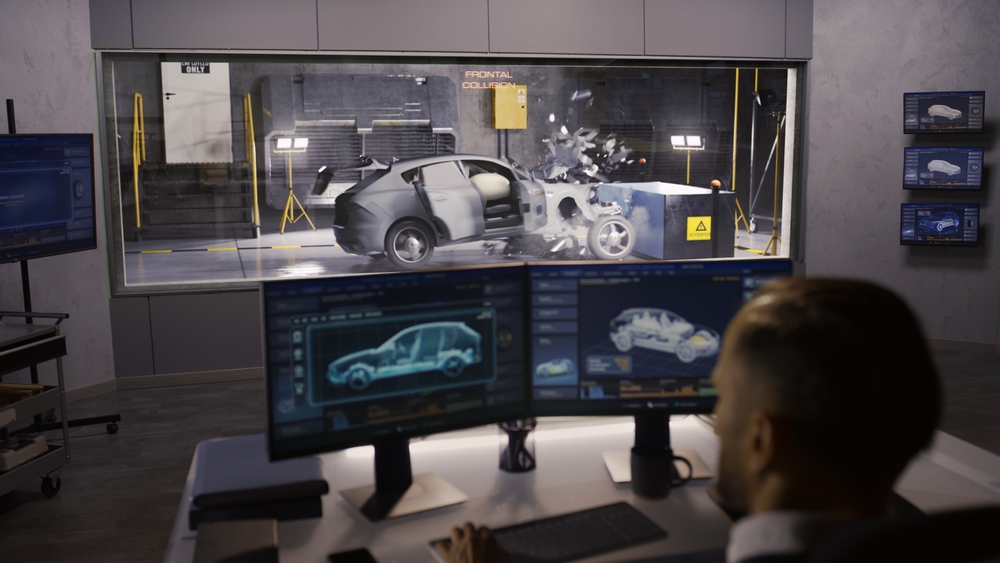
One of the most critical factors to consider is how well a vehicle performs in crash tests. The National Highway Traffic Safety Administration (NHTSA) and Insurance Institute for Highway Safety (IIHS) provide comprehensive crash ratings for most vehicles. Choosing a car with high ratings in front, side, and rollover tests ensures that your family is as protected as possible. These ratings offer peace of mind and can guide you to the safest models on the market.
Warranty Coverage

A solid warranty can save you thousands of dollars in repair costs over the life of your vehicle. Many family-friendly vehicles come with warranties that cover major components like the engine, transmission, and electronics for several years or up to 100,000 miles. Some automakers also offer extended warranties or maintenance plans. This type of coverage ensures you’re protected from unexpected expenses, making vehicle ownership less stressful.
Roadside Assistance

Roadside assistance is a valuable feature, especially for families who often take road trips or travel long distances. Many automakers provide this service either as part of the purchase or as an add-on, covering essentials like towing, flat tire changes, and emergency fuel delivery. Having access to roadside assistance can turn a potential disaster into a minor inconvenience, ensuring your family’s safety and well-being while on the road.
This article originally appeared in MyCarMakesNoise.
More from MyCarMakesNoise
20 Misconceptions About Race Cars You Probably Believe

Race cars have long been the subject of fascination and intrigue, but with that comes a host of misconceptions. From the belief that they are simply souped-up street cars to the idea that they are only about speed, many myths surround these high-performance machines. Read More.
12 Unmanned Space Probes Exploring Our Solar System

The exploration of our solar system has been significantly advanced by unmanned space probes. These remarkable spacecraft have journeyed to distant planets, moons, and even beyond the solar system, providing invaluable data and breathtaking images. Read More.
15 Iconic Airplanes from Classic Aviation Movies

Aviation has always captivated audiences, and classic movies have brought some of the most iconic airplanes to the big screen. From World War II fighters to modern jets, these films showcase the beauty and power of aviation history. Read More.

